Technology has already fundamentally changed the way we go about our daily lives. From smart speakers to contactless payment options, we live in a world that only a bold few could have ever imagined.
Thanks to a $600,000 seed grant from the Community Foundation (along with the City of West Palm Beach and the Knight Foundation) in 2019 and a subsequent $26 million National Science Foundation (NSF) grant, urban streets will soon leverage new technology to address safety and inefficiency concerns in our own neighborhoods.
Florida Atlantic University’s Institute for Sensing and Embedded Network Systems Engineering (I-SENSE) and the College of Engineering and Computer Science are part of a team of engineers and researchers that includes Columbia University, Lehman College, Rutgers University, and the University of Central Florida.
The collective, known as CS3 (the Engineering Research Center for Smart Streetscapes), will use the NSF grant to assess real-time data and implement technologically sound and safe streetscapes (streets, sidewalks, and public spaces). The data and technologies produced from this program will create safer crosswalks, improved transportation and parking options, and better and more inclusive assistance for pedestrians with disabilities.
“Our team could not be more excited to embark on this path with our partners to advance the future of the nation’s streetscapes, and to deliver fundamental improvements in the livability, safety, and inclusivity of American communities through engineering research and education,” said Hallstrom, Deputy Director of CS3 and Founding Executive Director of FAU’s I-SENSE.
The Community Foundation’s initial grant helped launch the West Palm Beach Mobility Intelligence program. The program began by placing sensors at various locations around West Palm Beach to collect anonymous data about where people go and how they get there. This information is designed to help the team discover and understand opportunities for improving the structure of the streetscape.
The NSF grant will expand on that and allow for improvements in areas such as sensing technologies, artificial intelligence, high-speed wireless communication, and simulation and forecasting. It also opens the door for these technologies to be reproduced at scale all around the county, state, and country.
“CS3’s research will not only enhance the way we live and work, but also pave the way for more innovative and inclusive technologies that improve the lives of people in West Palm Beach and beyond,” said Community Foundation president Danita R. DeHaney. “The Community Foundation is proud to invest in innovative ideas that will not only make life better but will also attract additional funding to take the work and research even further.”






